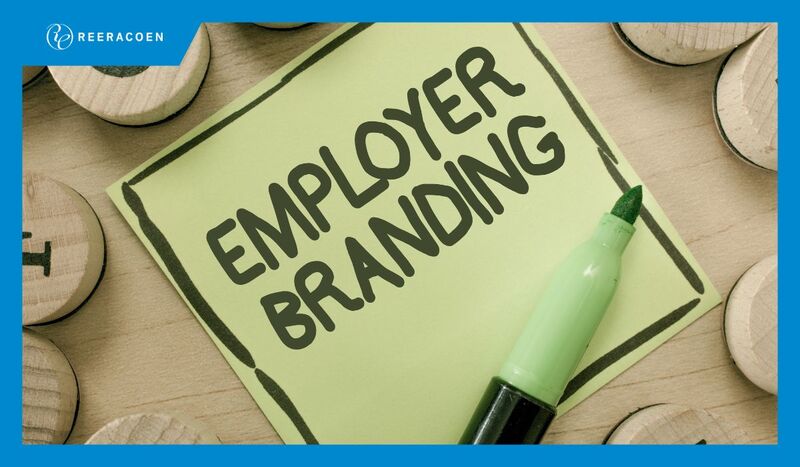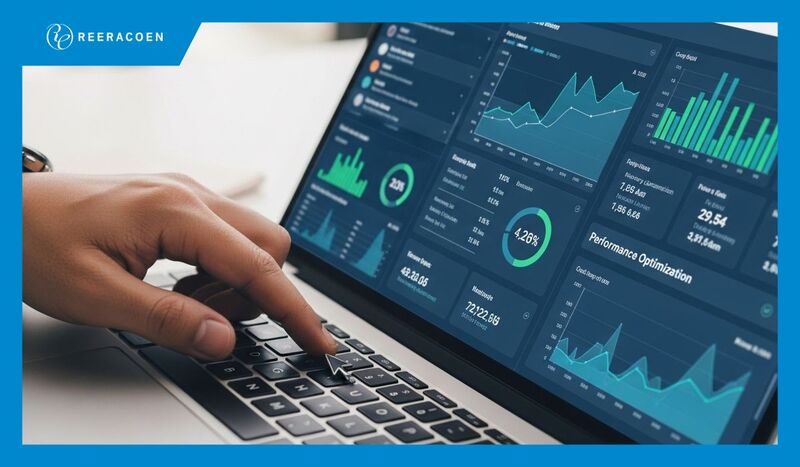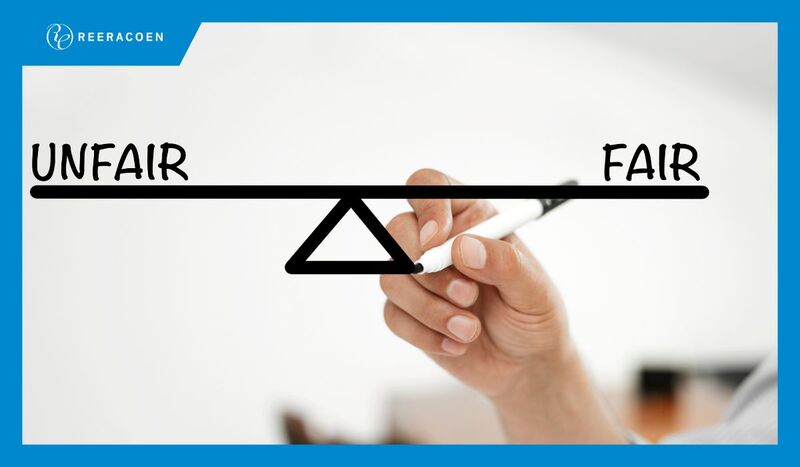How To Motivate Employees After Tet Holidays
TABLE OF CONTENT
How To Motivate Employees After Tet Holidays
Employee Development Initiatives

How To Motivate Employees After Tet Holidays
Every year, Vietnamese businesses face a common dilemma – the post-Tet labor shortage. The Lunar New Year celebration, known as Tet, leads to a significant number of workers not returning to their jobs, posing a serious challenge for industries, especially in the aftermath of COVID-19. In this blog, we will explore the strategies adopted by companies in Vietnam to motivate employees and ensure a smooth transition back to work after Tet.
Adaptive Work Schedules
Embracing the changing dynamics of the workplace, companies are adopting adaptive work schedules to cater to the diverse needs of their employees. Providing options such as staggered work hours or compressed workweeks post-Tet demonstrates a commitment to flexibility and work-life balance. This approach not only accommodates individual preferences but also contributes to increased employee satisfaction, promoting a harmonious and motivated work atmosphere.
Employee Development Initiatives
Investing in the professional growth of employees is a strategic move to boost motivation and encourage long-term commitment. Post-Tet, businesses can roll out targeted training programs, workshops, or mentorship opportunities to help employees enhance their skills and career prospects. By demonstrating a commitment to employee development, companies not only retain valuable talent but also foster a culture of continuous learning, contributing to the overall success of the organization.
Innovative Recognition Programs
To elevate motivation levels post-Tet, companies are exploring innovative employee recognition programs that go beyond traditional methods. Implementing personalized recognition efforts, such as spotlighting individual achievements or organizing team-based challenges with enticing rewards, can significantly boost employee morale. These creative approaches to acknowledgment not only reinforce a positive work environment but also inspire a sense of camaraderie among the workforce, enhancing overall job satisfaction. In an effort to motivate employees, companies are also offering financial incentives, including bonuses and salary increases.
Flexible Work Arrangements
Recognizing the evolving work landscape, companies are increasingly adopting flexible work arrangements to accommodate the diverse needs of their workforce. Offering options such as remote work or flexible schedules post-Tet can contribute significantly to employee satisfaction and retention. By acknowledging the importance of work-life balance, businesses can demonstrate a commitment to the well-being of their employees, fostering a positive and motivated work environment.
Employee Recognition Programs
Implementing employee recognition programs is a powerful strategy to motivate and retain talent. Acknowledging and celebrating the hard work and dedication of employees can boost morale and create a sense of value within the organization. Whether through awards, public recognition, or incentive programs, highlighting employees' contributions helps create a positive workplace culture. Post-Tet, businesses can kickstart the year by expressing gratitude for the efforts of their workforce, reinforcing a sense of pride and commitment among employees.
The Post-Tet Effect
In conclusion, as Vietnam prepares for the annual Tet celebrations, businesses are strategically gearing up to address the perennial challenge of post-holiday workforce retention. The emphasis on flexibility, continuous learning, and creative recognition underscores a commitment to employee well-being and long-term engagement. As the business landscape evolves, these strategies provide a holistic approach to navigate the post-Tet period, fostering a positive work culture that contributes to the overall success of organizations in Vietnam.
Looking to Hire?
Please fill in this Inquiry Form — Our experienced Recruitment Consultants will be in touch with you soon!
Disclaimer:
The information provided in our blog articles is intended for general informational purposes only. It is not a substitute for professional advice and should not be relied upon as such.
While we strive to provide accurate and up-to-date information, the ever-evolving nature of certain topics may result in content becoming outdated or inaccurate over time. Therefore, we recommend consulting with qualified professionals or experts in the respective fields for specific advice or guidance. Any actions taken based on the information contained in our blog articles are solely at the reader's discretion and risk. We do not assume any responsibility or liability for any loss, damage, or adverse consequences incurred as a result of such actions.
We may occasionally provide links to external websites or resources for further information or reference. These links are provided for convenience and do not imply endorsement or responsibility for the content or accuracy of these external sources. Our blog articles may also include personal opinions, views, or interpretations of the authors, which do not necessarily reflect the views of our organization as a whole. We encourage readers to verify the accuracy and relevance of information presented in our blog articles and to seek professional advice when needed.
Your use of this website and its content constitutes acceptance of this disclaimer.


